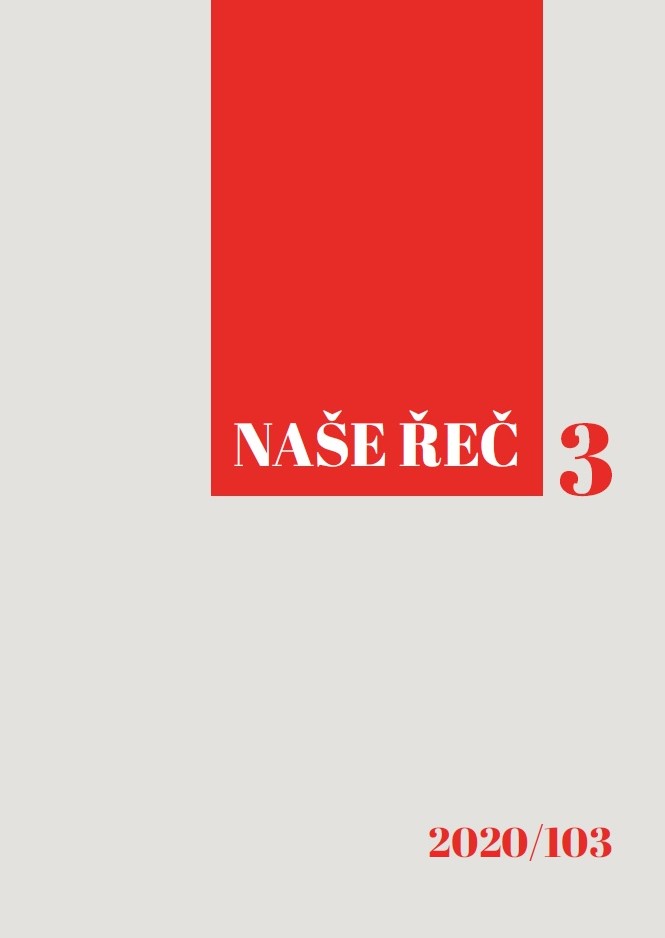Výraz svoboda v perspektivě lingvistické analýzy – na příkladu materiálu z období 1948–1989
The word svoboda (‘liberty’) in the perspective of linguistic analysis – as illustrated with texts from the period 1948–1989
Author(s): Jaroslav DavidSubject(s): Western Slavic Languages
Published by: AV ČR - Akademie věd České republiky - Ústav pro jazyk český
Keywords: collocation; communism; liberty; text analysis; the Totalita corpus
Summary/Abstract: The text deals with the semantics of the word svoboda (‘liberty’) as it is illustrated in the selected source material from the period 1948–1989, known as “the time of the absence of liberty”. The material comprises the Totalita corpus (of opinion journalism texts), the key documents of the Czechoslovak anti-Communist movement (Dva tisíce slov (‘The Two Thousand Words’; 1968), Prohlášení Charty 77 (‘Declaration of Charter 77’; 1977), Několik vět (‘A Few Sentences’; 1989), as well as the New Year speeches of Czechoslovak presidents. The analysis is aimed at the occurrence of the word svoboda in particular collocations, at the possibilities of tracking semantic changes in the expression, and mostly at whether, and in which way, the perception and presentation of liberty differ in the official texts of the Communist regime and those of the anti-Communist opposition.The analysis combines quantitative and corpus approaches with qualitative analysis.
Journal: Naše řeč
- Issue Year: 103/2020
- Issue No: 3
- Page Range: 231-242
- Page Count: 12
- Language: Czech

